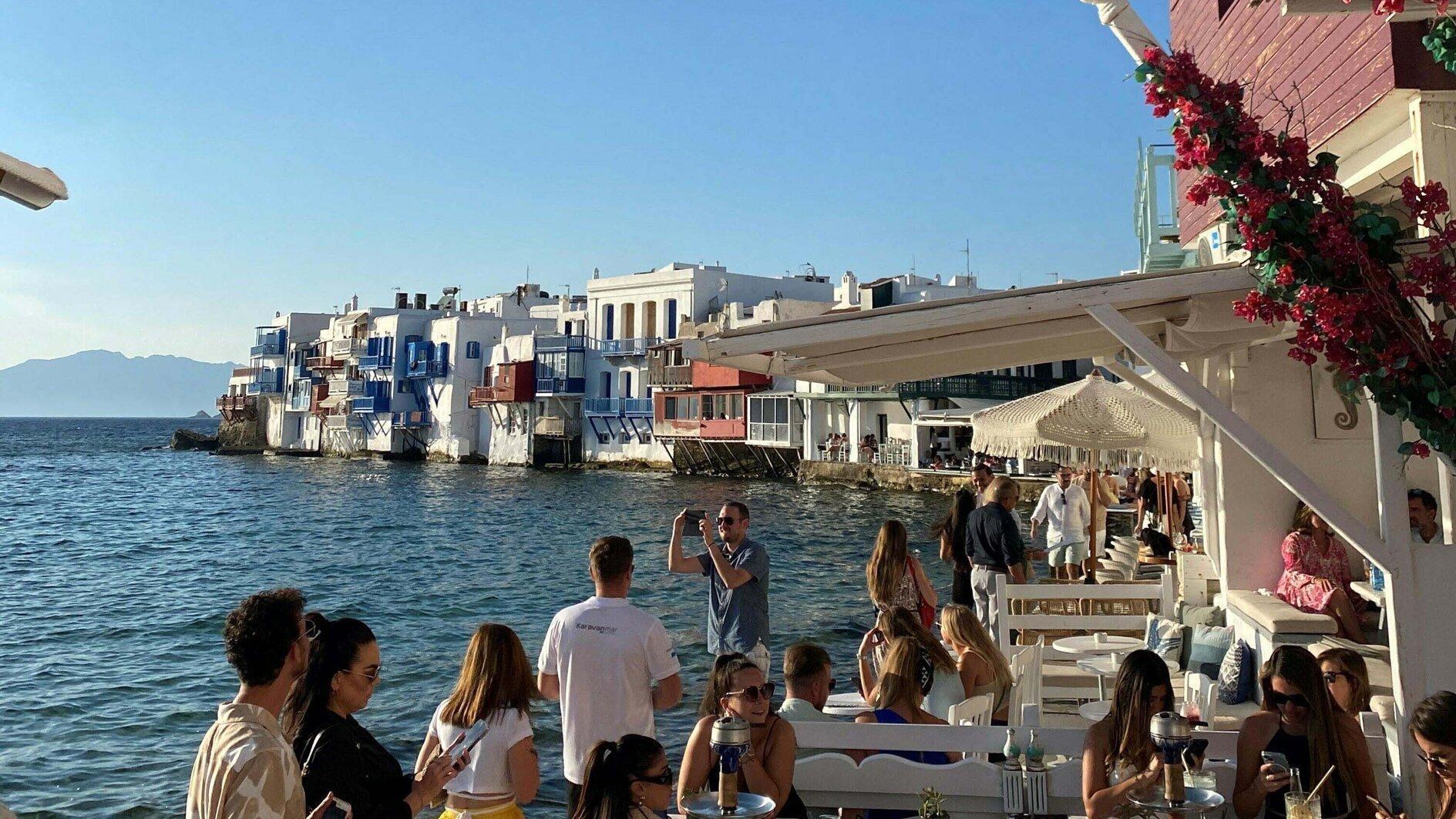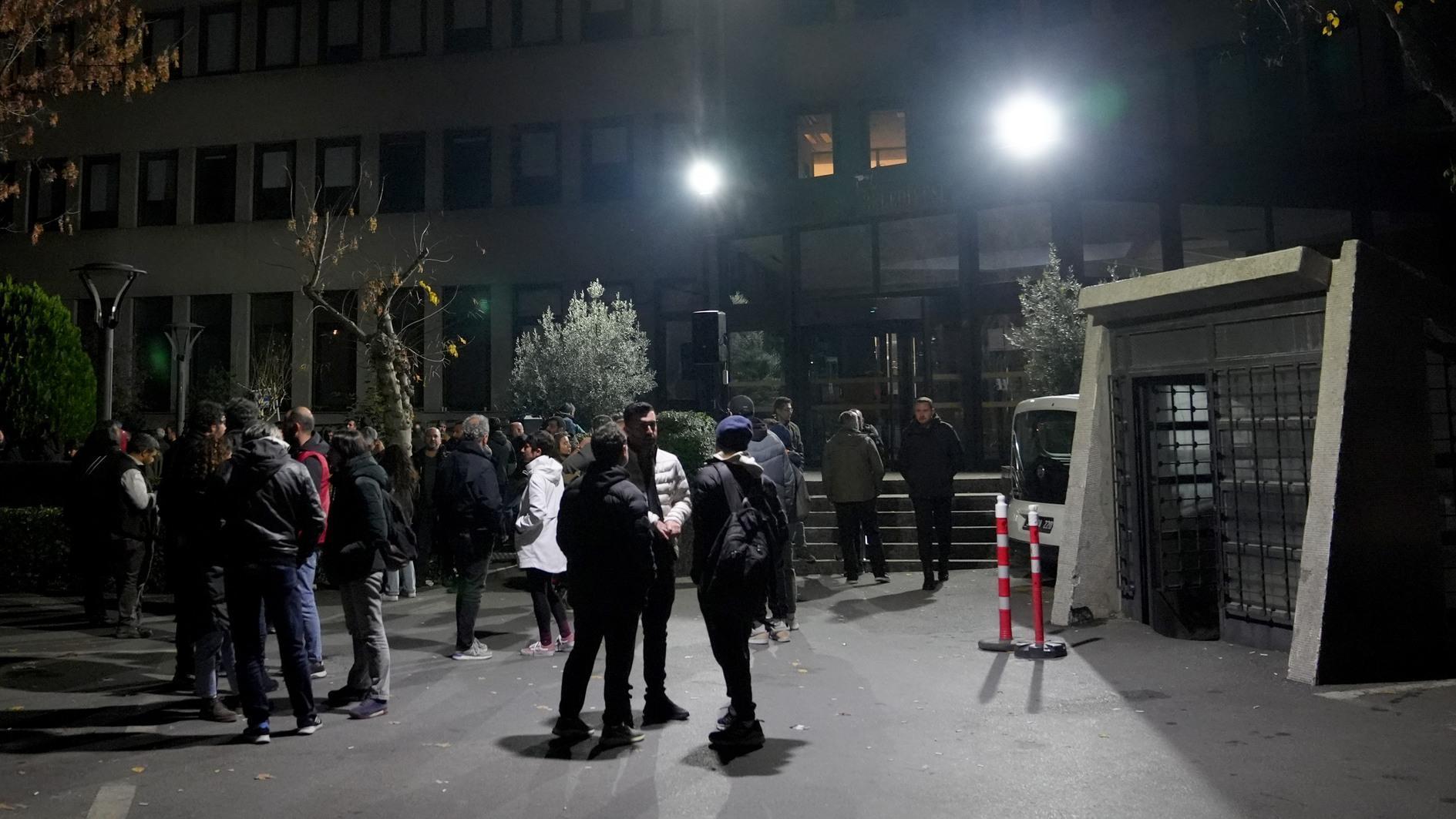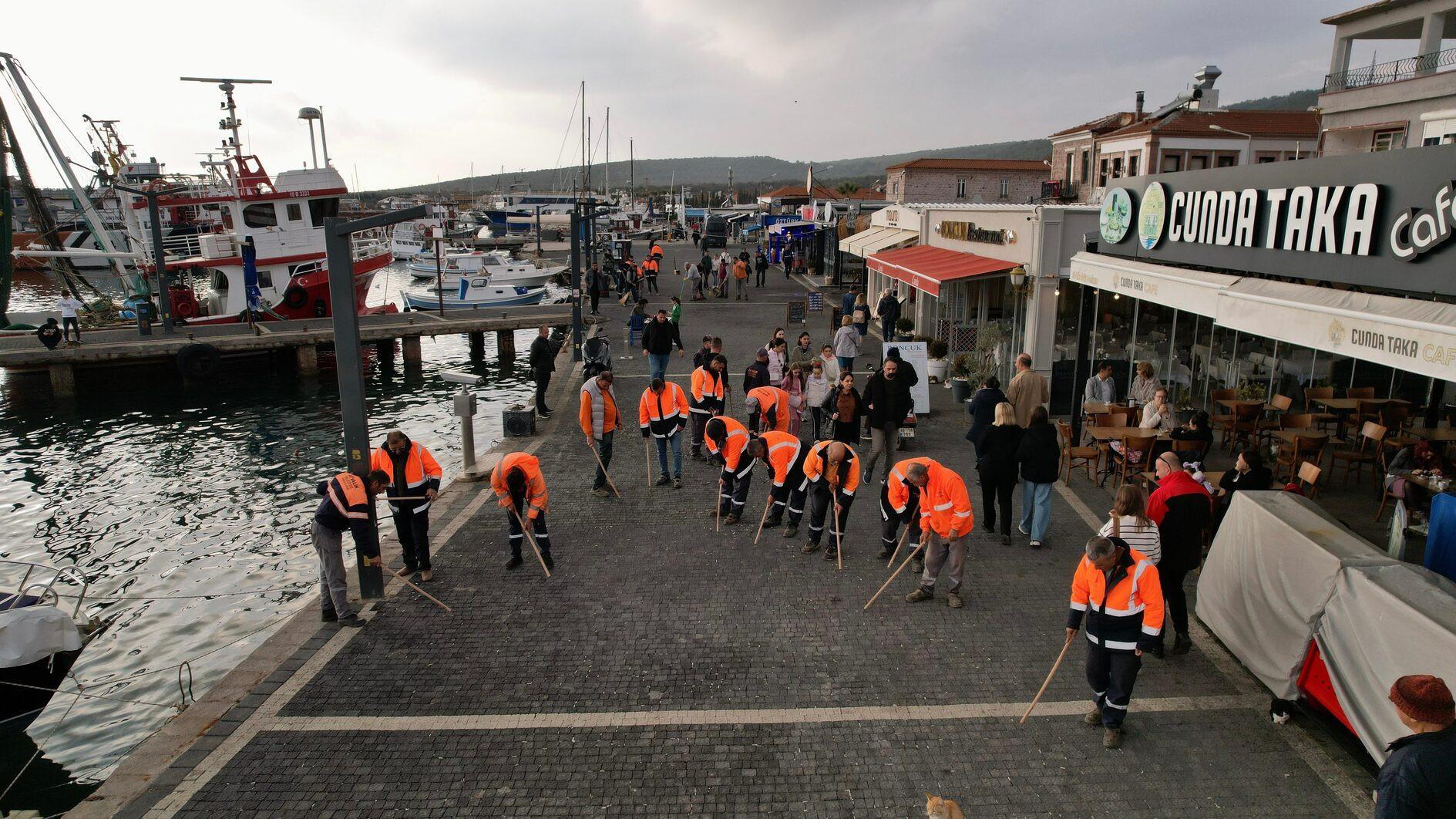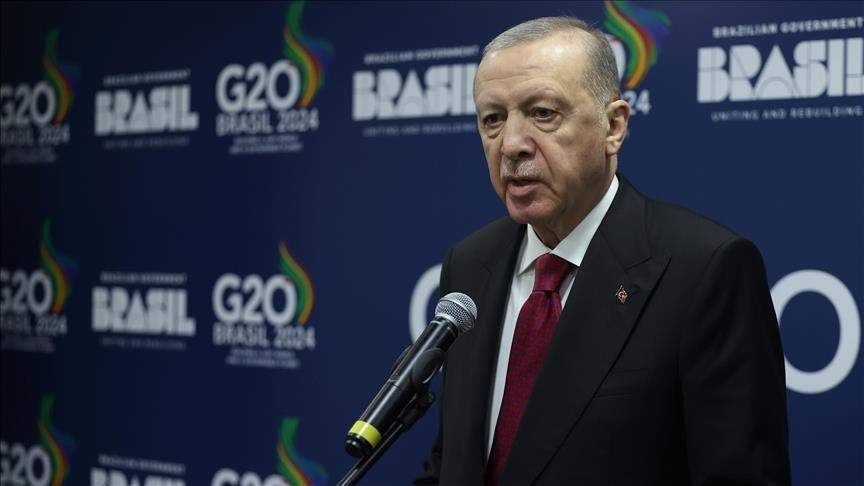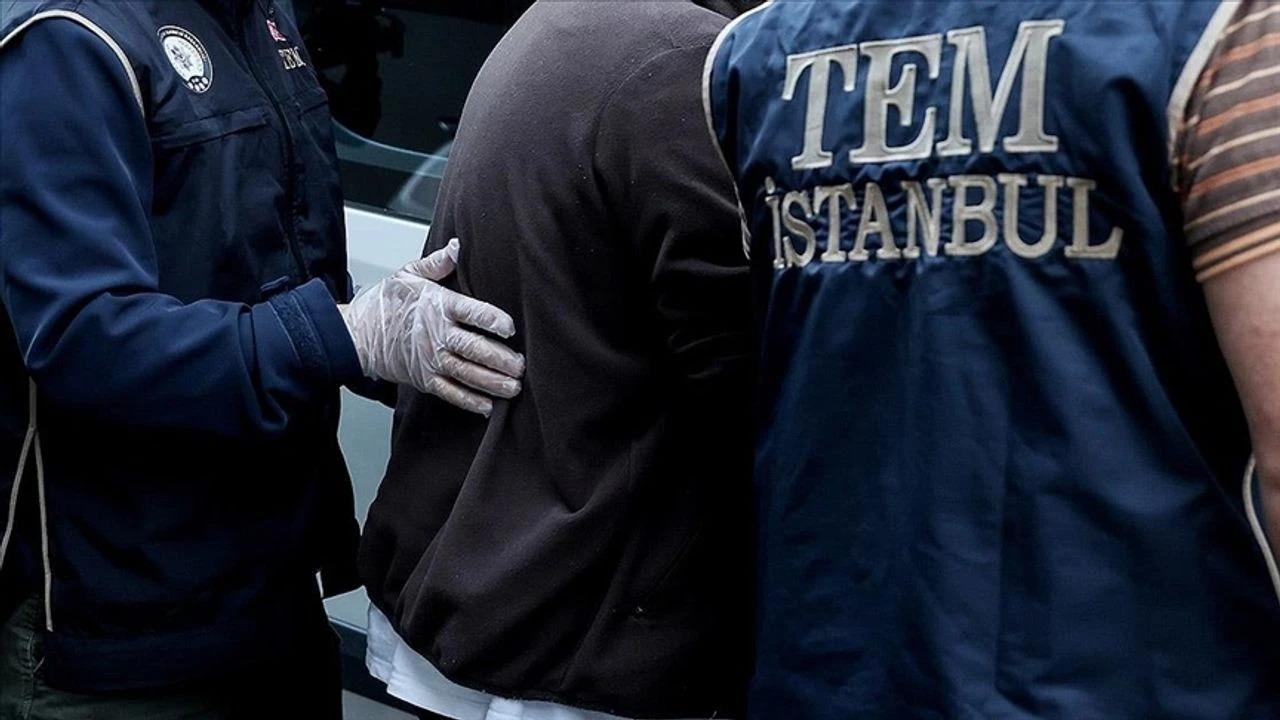Turkey’s cultural diplomacy ‘has a humanitarian dimension’
BARÇIN YİNANÇ- Istanbul
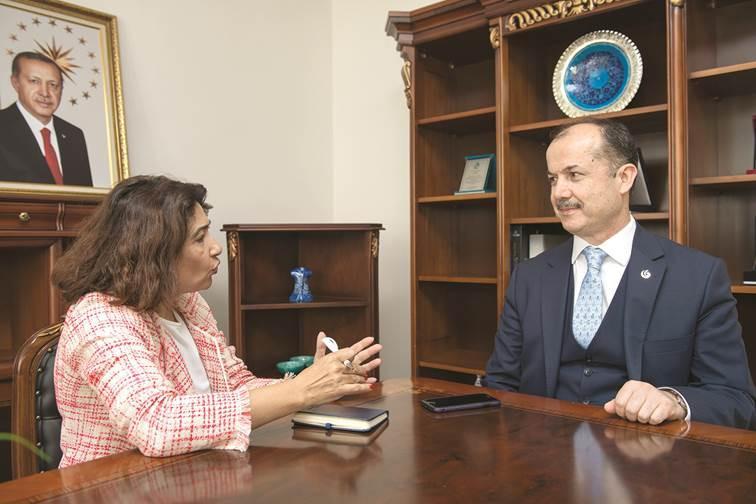
The mission of Yunus Emre Institute is not just limited to project Turkey’s culture or encourage cultural exchange, according to its chairman. The strategy of the institute, which is celebrating its 10th year, has a humanitarian dimension to it. “We also want to answer the needs of our interlocutors,” Professor Şeref Ateş has said.
What were your priorities and to what degree do you think you’ve accomplished them?
Yunus Emre Institute was founded to share Turkey’s cultural experience with the world, to connect Turkey’s culture with the world.
It started first by establishing a network abroad by setting up cultural centers. We now have 58 centers. We have a strategy based on several pillars. One of them is cultural diplomacy. Another pillar is to teach Turkish. Currently, there is tremendous demand worldwide to learn Turkish.
Another one is the Global Public Diplomacy Network (GPDnet), which we initiated. We conduct activities in order to spread a discourse on peace.
Another leg consists of science diplomacy. Science is an apolitical space, and we want to connect Turkey’s scientific ecosystem with the world.
In the cultural interaction, first you carry and project the culture, for instance, a folkloric dance group will go to Japan and perform. The second phase is to open a course to teach how to play a Turkish instrument for instance. The third phase is the cultural exchange, where activities are done reciprocally. You learn while you teach.
And the fourth phase is to create the opportunity to answer the needs of the other side. You have a toolbox and you need to find the tool to answer the needs of your interlocutor.
Cultural exchange is about making connections not about taking your culture and making its propaganda.
We conduct at least 1,000 activities based on this approach.
The fundamental principle is to help other societies. We will, for instance, organize a meeting in Istanbul in June to get the Somali diaspora together.
You might say, “What’s the purpose?” We have an ability to get organized, to get institutionalized and to make decisions quickly. These are also some of the characteristics of Turkish culture. So we do not want to only project the Turkish culture or teach Turkish, for instance, but if we can, we want to solve problems and answer their needs within the scope of our means.
In that respect, it has a humanitarian dimension.
This is a very wide framework. Doesn’t this create a loss of focus?
We do work in parallel with Turkey’s foreign policy. Turkey has been lagging behind in that sense. There is a lot of catching up to do. We want the world to meet Turkey’s cultural richness as soon as possible. Indeed there is this sense of hastiness. Sometimes they ask us abroad, “What’s this rush?” There are some foreign institutions that have been active for hundreds of years. But it seems they have become too static; they have a certain program, annual targets, a routine. But we are relatively new and wherever we go that enthusiasm motivates us.
Doesn’t this have negative consequences? Of course there is loss of concentration; you set a target but you can’t reach it. But still you hang on. We started Turkish as a selective course in Bosnia and Herzegovina in elementary schools with very limited means. This is our seventh year, and on April 23 Children’s Day was celebrated with the participation of 10,000 children. We could not include their families as there was no place left in the stadium. In normal conditions, you have to have a few years of planning, training of the teachers and earmarking the budgets in advance etc. When you want to do a work plan with the Western mentality, you are not supposed to do it the way we do it. But what we do is not just about reaching the targets about certain projects, it is about intentions. If you have the intention to reach out to people, then you can get out of the normal flow of the implementation of projects. So, first, we need to define well the philosophy and then build the strategy upon that.
Mehmed the Conqueror is not a great man because he conquered Istanbul, he is great because after taking Istanbul he supported the Orthodox Church, he supported the Catholics and the Assyrians. Yunus Emre says, “If you do not look at 72 different nations with the same eye, you are not one of mine.”
Even though you want to remain equidistant to all, you need to have certain priorities in terms of geographies for instance.
The institute first went to near regions like the Balkans. The first center was opened in Bosnia for instance, the second was in Damascus. Then came the Turkic world in Central Asia. In the new phase, we look at where there is demand for us, where prejudice towards us is less. So currently it is Latin America and Africa.
Perhaps the institute should go to places where there is prejudice?
Unfortunately, there is too much prejudice in European countries. We have 12 centers in Europe and there we rather work with children, as they are less prejudiced. We face difficulties in EU countries like the Netherlands or Austria. When we ask for a concert hall for example we get a negative reply. We had difficulty finding a partner. But currently, it has started to normalize.
To what degree has the current rise of Islamophobia shaped your priorities?
It affects us but it does not shape our approach. We do not have a reactionary approach. We want to achieve sustainability in relations by offering an opportunity to our interlocutors according to their needs. It is not just about making people familiar with Turkish coffee. Yunus Emre says, “Come let’s meet; let’s make it easy.” He wants to say, “Let’s facilitate things.” And he adds, “The world shall be left to no one,” in other words, even if you are from Germany, Turkey or Mozambique, we are not eternal. In the most difficult times, Mustafa Kemal Atatürk called for peace at home and for peace in the world too.
Can the institute be considered as an institution to project Turkey’s soft power?
We object that concept. Anything involving power opens way for abuse. We don’t want power. Culture should not be instrumentalized for peace. That’s why the institute is not the government’s propaganda machine. That’s why it has been established as a foundation.
We are not state officials. Its establishment was supported by the opposition too. And we are watched over by a monitoring institution which has members from the government but also from the opposition. Obviously, our budget comes from the state and we cannot do anything in contrast to Turkey’s foreign policy. But where the foreign policy is blocked, the institute continues to work. Right now, we have a center in Egypt, which continues its activities despite the crisis in relations. We have received 3 billion euros from the EU for cultural dialogue between Turkey and Europe. It is important to continue relations between people no matter what the policies of the governments are.


